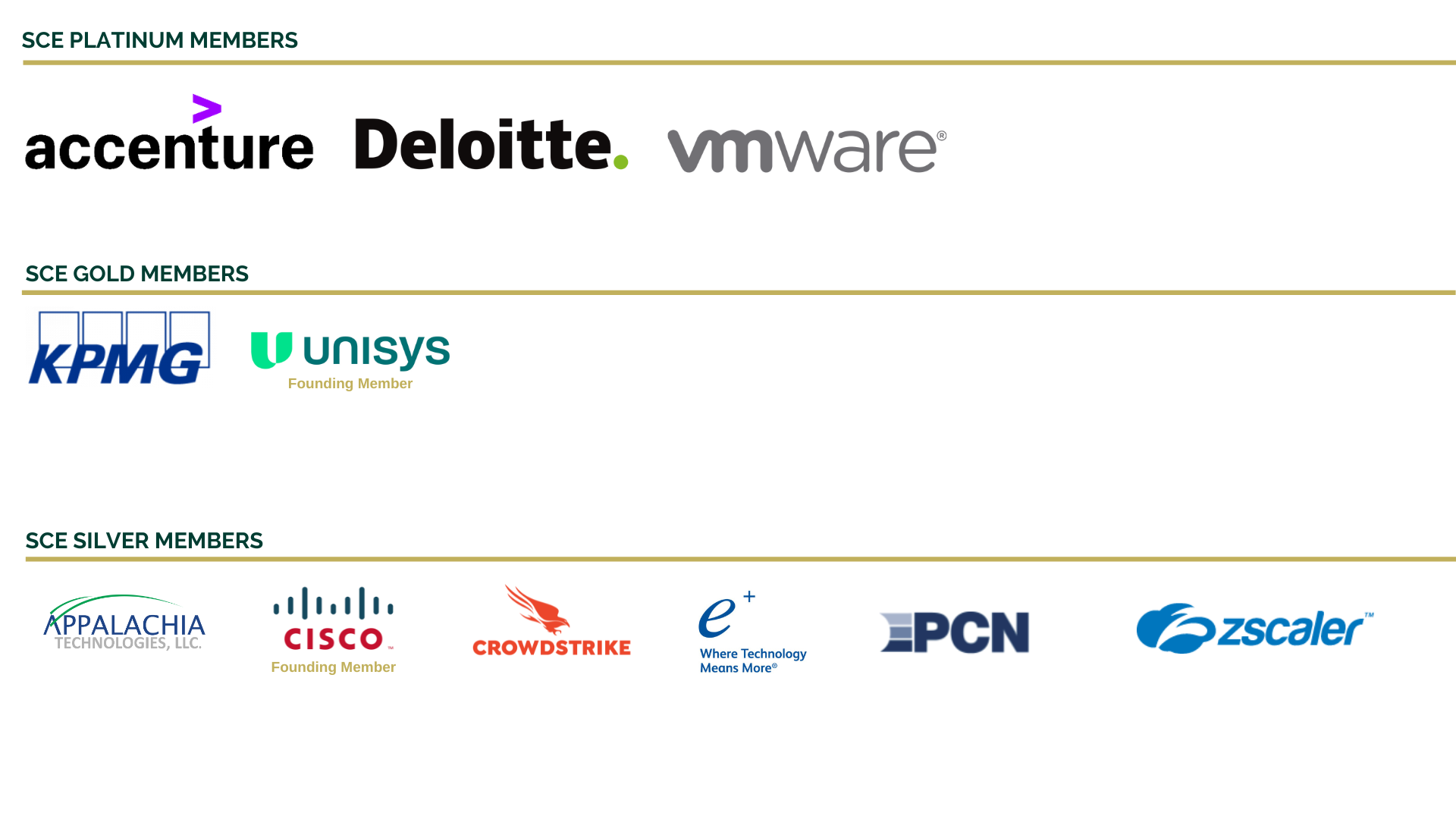
Professional Development & Continuing EducationInformation Security Officer Certificate Program
Executive-level leadership for senior IT leaders with an emphasis on cyber security.
Program Overview
The Harrisburg University, Security Center of Excellence, Information Security Officer Certificate Program provides a unique focus on leadership information security for executive-level IT professionals. It enables IT leaders responsible for information security to further develop the knowledge and skills necessary to succeed at the executive level.
The program focuses on enhancing the following skills:
- Leadership and Management – leadership and communication skills to build alliances across the business and establish security strategies that align with organizational objectives.
- Information Security Governance & Risk Management – Compliance requirements and the strategic decisions based on the identification of risk
- Information Security Architecture Management – Fundamental concepts of computer security, software development lifecycle, and countermeasures
- Security Technology & Operations – Incident detection, incident response, and disaster recovery scenarios.
“Coming from a mostly operational background, I benefitted most from the discussions on risk management and building a security program. Plus I learned how to get a seat at the leadership table.”
Now accepting applications for the 2024 Cohort
Format & Location:
The 2024 Information Security Officer (ISO) Program will be delivered VIRTUALLY, via Microsoft Teams – with live presenters and facilitators.
Class Time:
Thursdays – 9:00 am – 4:00 pm, EST/EDT
Fridays – 9:00 am – 12:00 pm, EST/EDT
Application deadline:
Friday, June 21, 2024
- All applications and nomination letters are due by this date.
- See the “Application Process” above for detailed information.
Application Status Notification:
On/By: Friday, June 28, 2024
- All applicants will be notified of their acceptance or non-acceptance into the program by this date
CLASS SCHEDULE
2024 Information Security Officer (ISO) Cohort Schedule
|
Module #/Topic
|
Days
|
Dates
|
|
Orientation
|
Thursday | July 18, 2024
1:30 pm – 4 pm |
|
Module 1 – Information Security Leadership Skills
|
Thursday-Friday | August 1-2, 2024 |
|
Module 2 – Information Risk Management and Implementation
|
Thursday-Friday | September 12-13, 2024 |
|
Module 3 – Information Security Governance
|
Thursday-Friday | October 17-18, 2024 |
|
Module 4 – Information Security Architecture Management
|
Thursday-Friday | November 14-15, 2024 |
| Module 5 – End to End Security Operations and Continuous Monitoring | Thursday-Friday | December 12-13, 2024 |
|
Module 6 – Ownership, Authorization and Prioritization Process
|
Thursday-Friday | January 16-17, 2025 |
|
Module 7 – Capstone Presentations, Program Review Session, Graduation
|
Thursday-Friday | February 6-7, 2025 |

Our Centers and Institutes Security Center of Excellence (SCE)
The Harrisburg University GTI Security Center of Excellence aims to be a strategic partner with public sector organizations in their information security and cyber defense efforts by providing innovative and effective educational programs and community building services.
SCE’S FOUNDING & PLATINUM SPONSORS
